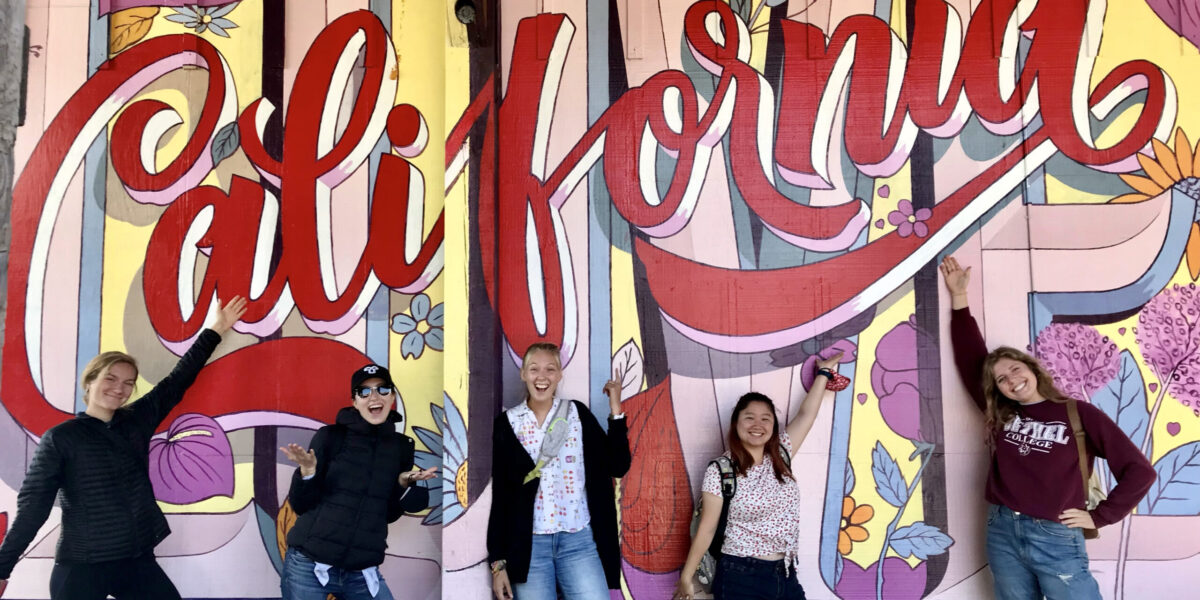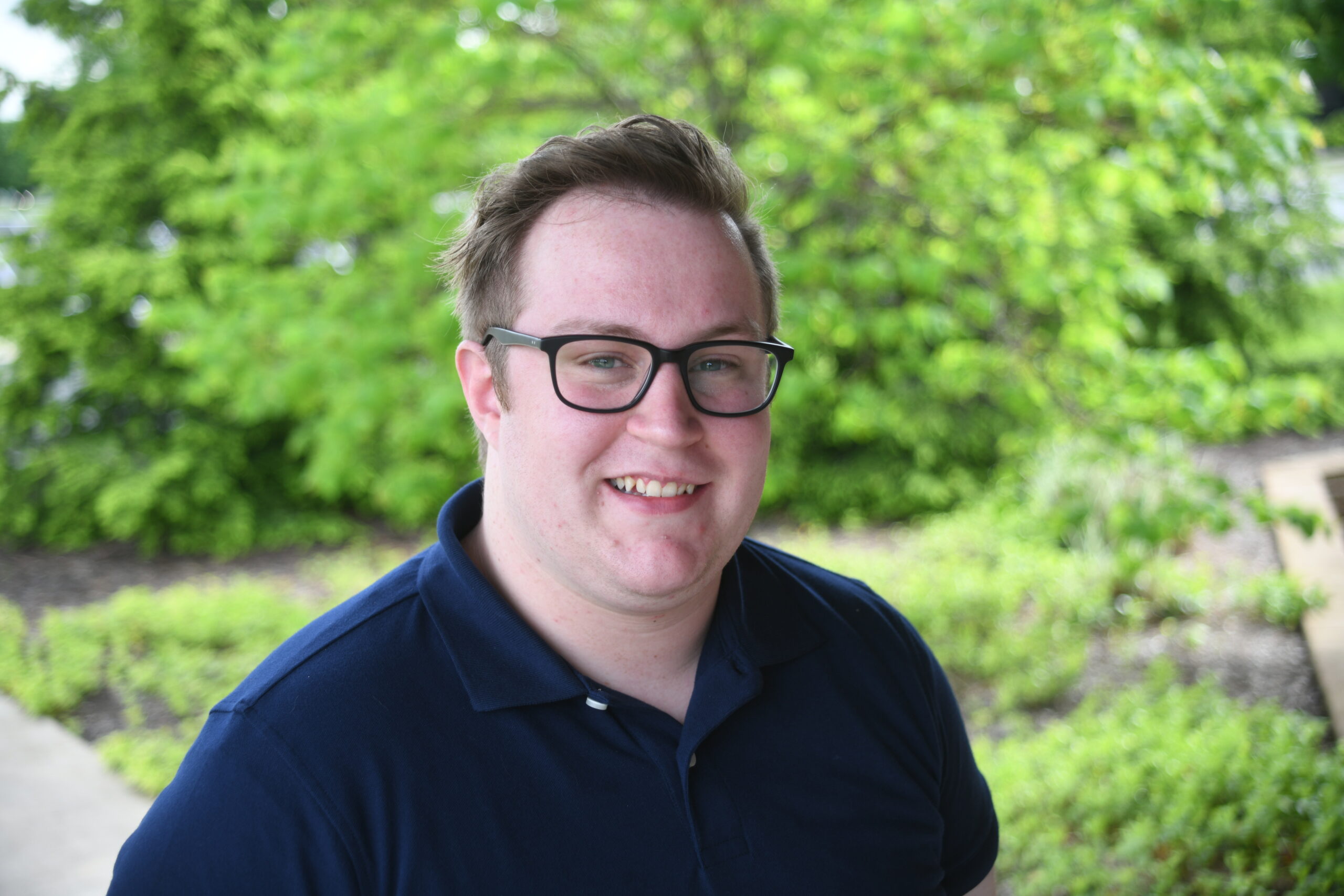At First Mennonite Church in San Francisco (FMCSF), their Mennonite Voluntary Service (MVS) unit is central to the identity of the congregation. In fact, the unit has been around for almost as long as the congregation has — nearly four decades!
"There is a lot of congregational support and buy-in for the program," said Joanna Lawrence Shenk, associate pastor at FMCSF and local program coordinator for the MVS unit. She cited the congregation’s eagerness to support the unit through the recent MVS program transition as clear evidence of the emphasis the church puts on this unit.
Lawrence Shenk said that she experienced a lot of support in finding her way into the local program coordinator position nearly seven years ago, which is another touchstone of the congregation’s high level of commitment to see the MVS program continue to thrive.
One often-cited example of the congregation’s commitment to the program came more than 20 years ago. FMCSF had been renting both its own worship space and the MVS unit house, while also considering the possibility of buying a church building in the Bay Area. The owners of the building that had been housing the MVS unit decided they were ready to sell, and they came to the congregation and offered them the opportunity to buy it before it was put on the market. With a price tag of more than one million dollars, the choice was daunting. But after discernment, FMCSF decided to purchase the MVS house, so that they could continue hosting the unit rather than purchase a church building.
Lower Haight, the neighborhood where the MVS unit house is located, has an abundance of bike paths, restaurants and cafés — all within a few blocks of the house.
Lower Haight has been becoming increasingly more gentrified over the past few years. Housing costs are high in the San Francisco area, and this has ramifications for MVSers. Lawrence Shenk said, "What does it mean to be doing service work in a place that has such disparities in income — to live in a really nice house, when there are a lot of people in the city that are struggling and don’t have adequate housing?"
Moving to San Francisco to do service supports the organizations and community there, but the MVSers are also privileged to be able to move and have affordable housing, which so many people need. Every year, Lawrence Shenk and the MVSers begin the discussion about this tension during orientation, but it doesn’t stop there.
Many of the San Francisco unit’s most popular placements include organizations that support people struggling with the housing crisis in one way or another. This year, three of the five MVSers at the San Francisco unit have been placed with organizations that are directly connected to housing justice and affordable housing.
Anna Lubbers, from Newton, Kansas, has been placed with the Homeless Prenatal Program, an organization that strives to break the cycle of childhood poverty. Lubbers said her favorite part of working with her placement is the distribution days, which happen on Fridays. She and other staff at the Homeless Prenatal Program distribute food and other necessities to clients. Lubbers said she recognizes the gratitude and joy shared by the clients and the staffers on distribution days. "I love that you can see that the hard work of the staff at Homeless Prenatal Program is actually helping clients [in their struggle against poverty and being unhoused]," Lubbers said.
Polly Carlson, an MVSer, who is now in her second year with the program, is excited to be able to pick up where she left off in terms of relationships with her coworkers at Mission Graduates and the FMCSF congregation. "It’s really nice not to have to start from scratch and to have the opportunity to go deeper with people," Carlson said. "I’m also looking forward to seeing more of the city, and hopefully California, with my new housemates."
Getting to know the city is only part of the MVS San Francisco experience. The MVSers learn the deep, rich history of the San Francisco area, starting with the Ohlone people, who lived there before and during colonization and who are still present in the area today. Lawrence Shenk said that the FMCSF congregation wants the MVSers to see themselves as part of this larger story, while entering into it with humility. "[We want them to know] that they have so much to learn from this place and from the people in their neighborhood; around the city; in their placements; and from the Ohlone peoples, who have tended this land for centuries."
Lawrence Shenk says that inviting humility, through learning about and from the people in the area, is an important antidote to the way that Christians have so often shown up with plans to "help" without being accountable to the people they are supposedly helping. This learning exemplifies one of MVS’s core ideals — participants don’t just go to a place and serve, they learn and grow, through becoming part of a community.








